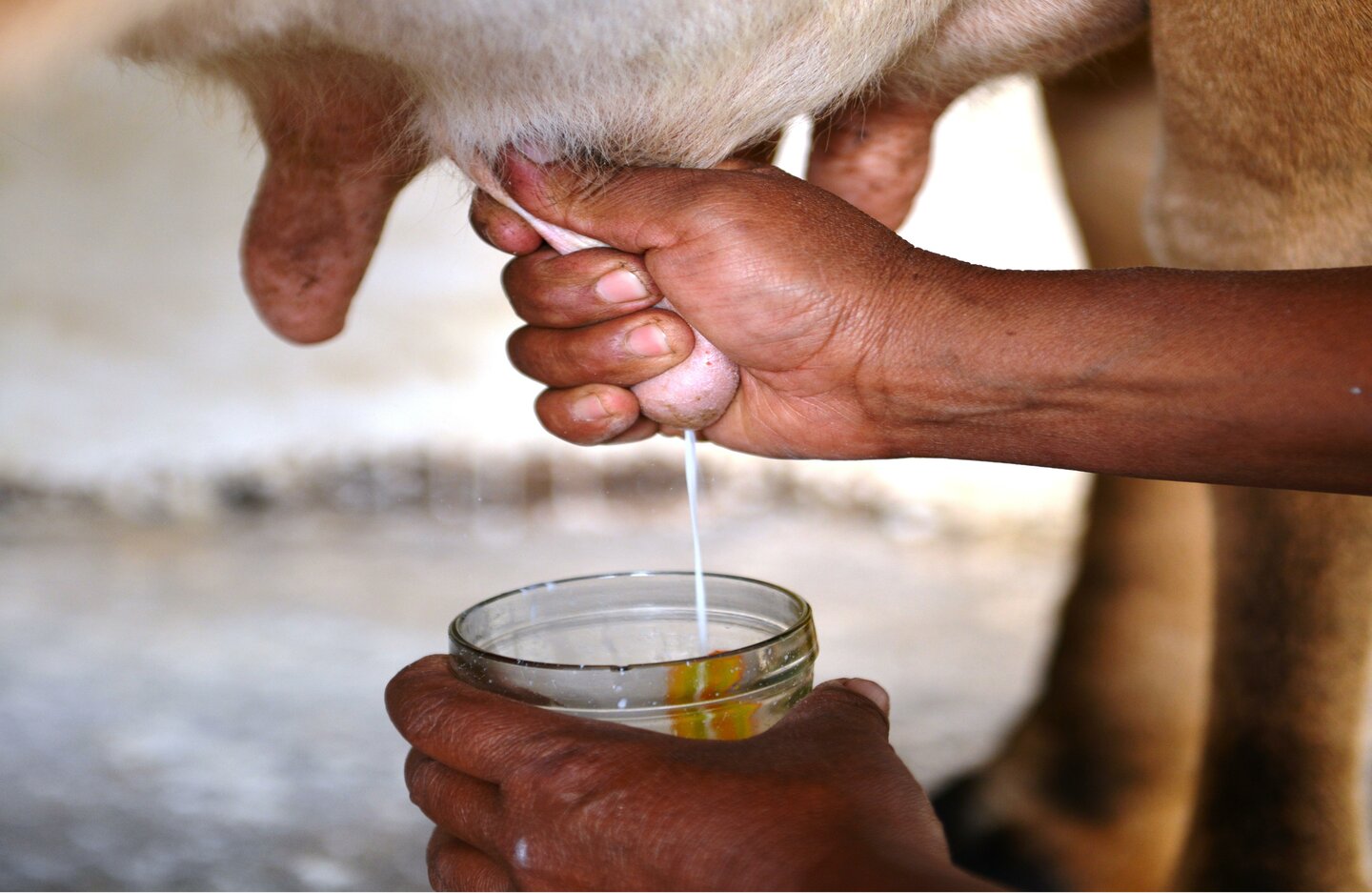In the Western Guatemalan Highlands, Helvetas and its partners promote entrepreneurship and economic empowerment among women smallholders. They are growing new crops and keeping small livestock that they market collectively so as to fetch good prices in their towns, Guatemala City and abroad, and are linked up to the relevant input supply and trade companies and other system actors.
-
Project NameLocal economic development project - with special focus on indigenous women
-
Project Phase2022 to 2024
-
FundingSIDA, donations, contributions, SDC programme contribution
-
Thematic focusWASH Services
Food & Nutrition
Skills, Jobs and Income
Private Sector Development
Partnership & Capacity Development
Gender & Social Equity
Visitors to the Western Guatemalan Highlands are amazed at the volcanic landscapes, the maya culture and the many small fields of potatoes and traditional mixed cultivation of corn, beans, squash; the chickens, sheep and pigs kept in the patios and the coffee trees and vegetables kept in the homesteads. Surplus crops beyond the farmers’ own food requirements are sold at local markets, but at low prices.
To be sure, there is a broad swath of prospective consumers of these traditional agricultural and livestock produe that women are involved in, in the local cities, in the capital with its six million residents, and even abroad. But Guatemala City and the export market are too far away and the many of these local, national and international markets are too complex to be supplied by a single woman and her farming family. This situation impedes economic development in the peripheral highlands, and it inhibits women to have incomes that they can freely dispose off and decide on.
In this agricultural value chain development project, Helvetas and its partners are promoting agro-entrepreneurship among some 25,600 (mainly women) smallholders, who are assisted to form associations to improve their productivity, store their crops or livestock produce centrally and negotiate sales contracts and good prices with input supply and trade companies. Or they hire carriers and have their produce transported to the cities themselves. Helvetas encourages and promotes such associations, and supports their growth into cooperatives, for the trade in honey, potatoes, coffee, amaranto (a traditional high-protein grain), eggs, mutton and pork as well as greenhouse-grown tomatoes, chili peppers, sugar snaps and other vegetables, and high-end textile crafts. Many of these crops and livestock are traditionally cultivated by Guatemalan women.
The business community and state institutions in the five highland provinces of Huehuetenango, San Marcos, Quetzaltenango, Quiché and Totonicapán are interested in tapping new markets. Everyone concerned realizes that the only way to develop the regional economy is to connect it up to other parts of the country. So state agencies are integrating the farmers’ new initiatives into their development planning. The local business community offers services and advise, grants small loans and supports the efforts of these new agricultural entrepreneurs to improve, process and market their crops. Helvetas promotes contacts and dealings between the various actors in the regional economy. The result is a regional network which, ideally, will extend nationwide.





